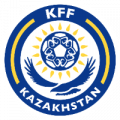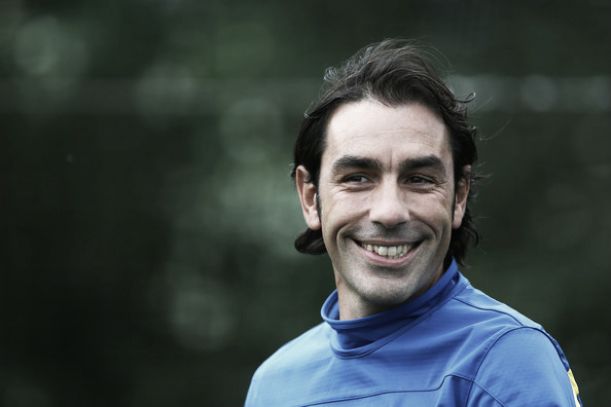With Arsene Wenger himself being a Frenchman and someone who knows Ligue 1 well due to being part of RC Strasbourg as well as managing Nancy and Monaco for a combined 10 years when they were also in the top division, it is natural that Wenger has regularly bought players with a French background or Ligue 1 experience.
After an 18 month hiatus in Japan managing Nagoya Grampus Eight, Wenger came to the Premier League to manage Arsenal following the dismissal of Bruce Rioch. With his arrival came an influx of foreign players to the Arsenal side due to Wenger having an astute eye in scouting overseas. Players like Patrick Vieira, who was signed from AC Milan following a recommendation Wenger gave one month before formally taking charge, and Thierry Henry, bought from Juventus, were turned into superstars and Arsenal legends.
Whilst those two famous names are indeed French and have indeed played in Ligue 1 before coming to Arsenal, they were not signed directly from Ligue 1 clubs and, as such, do not make it into this list.
5) Samir Nasri:
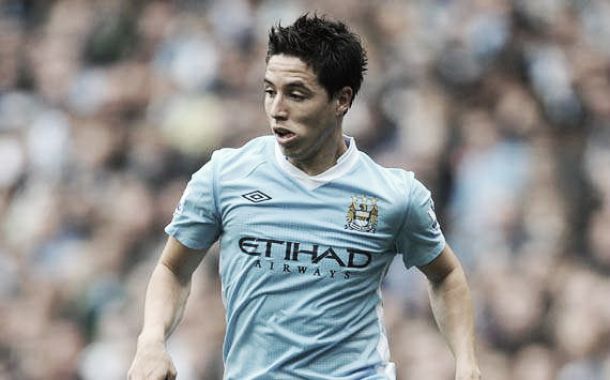
Scouted by Gilles Grimandi, ex-Arsenal player and chief Arsenal scout in France, as well as Arsene Wenger, who had been tracking Nasri since seeing him play in the 2004 under-17 Euros, Nasri was signed from Marseille on the 11th of July 2008 for an undisclosed fee, reported to be £12 million.
The then 21-year-old came to England with a growing reputation that he had forged playing in France as a skilful, quick attacking midfielder capable of also playing as a deep-lying playmaker and on the wings. Both footed, strong, tenacious and with an eye for a pass, Nasri was given the number eight shirt upon his arrival, a sign of the faith Wenger had in this prodigious talent.
His first two seasons were good for a young player but not spectacular, with six goals in 29 league matches in 2008-2009 and two goals in 26 matches in 2009-2010, following a broken foot in pre-season. In his first two seasons with the Gunners, Nasri ended up playing 78 times in all competitions, scoring 12 goals and providing 10 assists, including a memorable brace against Manchester United in a 2-1 win and an absolutely stunning goal against Porto in the Champions League group stages whereby Nasri dribbled past three Porto players before tangling Alvaro Pereira’s feet completely and then smashing the ball into the near post.
It was 2010-2011 that would be the season where Nasri announced himself on the world stage. After being snubbed for a place in France’s 2010 World Cup squad, Nasri was told by compatriot and manager Wenger to use that as motivation and prove that it was a mistake to leave him out.
His performances that season were so good that Nasri was named the French Player of the Year as well as being nominated for the PFA Players’ Player of the Year and the PFA Young Player of the Year. Although he lost to Gareth Bale for the first mentioned award and Jack Wilshere for the second one, Nasri was given a place in the PFA Team of the Year for his displays that season, which included 10 goals in 30 league games and 15 in all competitions after 46 appearances.
However, it is what follows next that is why Nasri is not universally loved by the Arsenal faithful. Following his breakout season with the Gunners, the very next season, Nasri signed for the then-emerging English powerhouse, Manchester City, for a fee in the region of £25 million. Considered a mercenary by some, and a ‘snake’ by others, Nasri went on to win two Premier League trophies and an FA Cup with the Citizens after not winning anything with Arsenal.
4) Sylvain Wiltord:
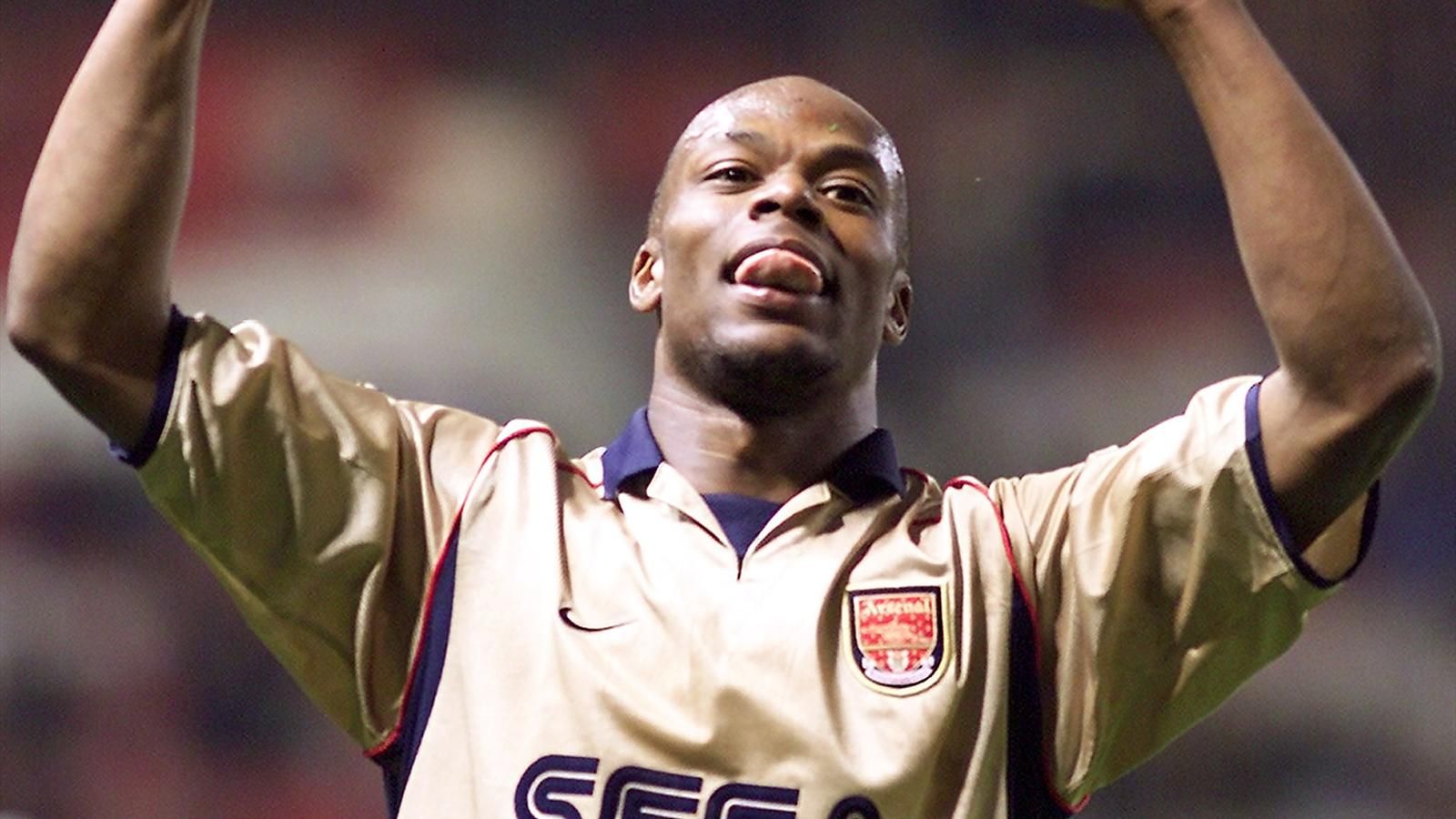
The French forward has played almost exclusively for French teams in his career, apart from a four year spell at Arsenal from 2000 to 2004. A Ligue 1 winner with Bordeaux in 1998-1999, Wiltord signed for Arsenal in August 2000 for a club record fee of £13 million and would go on to become something of a cult hero with Gunners fans, even being voted the 33rd best player in Arsenal history in a vote completed by Arsenal's official website in June 2008.
Wiltord’s time at Arsenal was eventful, with 175 appearances bringing a return of 49 goals and five trophies. Deployed either as a winger or second-striker, playing off of Henry, Wiltord featured heavily in his first three seasons but was played far less in his last season, which was the campaign Arsenal went unbeaten - the year Arsenal went 'Invincible'.
However, with key goals, such as the strike against Manchester United at Old Trafford in a 1-0 win which clinched the 2001-2002 Premier League, Wiltord is fondly remembered for his time in London and his willingness to either start wherever Wenger needed him to be or come off the bench, normally for Bergkamp and try to change the game, if it needed changing.
3) Nicolas Anelka:
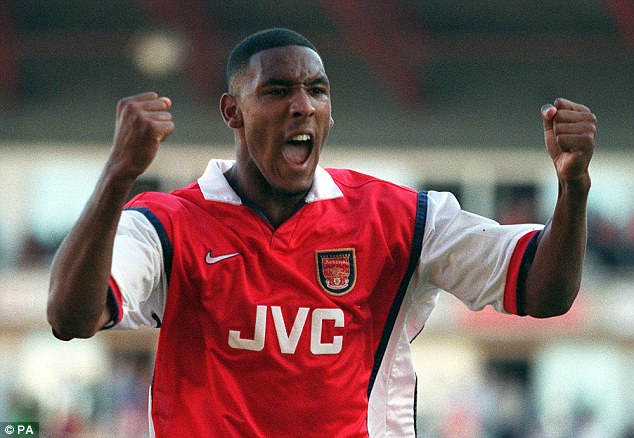
Anelka was plucked from Paris Saint-Germain when the player was only 17 for £500,000 after playing just 10 games for the Parisian club and scoring one goal. Wenger recognised the potential this young forward had, and saw straight away that Anelka had all the qualities necessary to be a top European striker; he was tall but quick, knew how to unearth chances and was a good passer of the ball.
The signing took place in February 1997 and Anelka was given a handful of games in the remainder of the season to prove that Wenger’s half-a-million-pounds investment would be a good one. The rest of the 1996-1997 season saw Anelka play only four times for the Gunners but it was the following season where he would capitalise on his chance.
Following a long-term injury to Ian Wright, Anelka broke into the first team and would end up being a key player in Arsenal’s double winning campaign of 1997-1998. 40 appearances and nine goals, including his first goal which came in a 3-2 victory over Manchester United, and the second goal in the 2-0 FA Cup victory over Newcastle United saw Anelka cement his place in the team.
His next season with Arsenal, the 1998-1999 season, would prove to be his last in North London. In that season, Anelka ended up scoring 19 times in 46 games in all competitions, with 17 Premier League goals. His good personal performances would see him named the PFA Young Player of the Year but the season was a barren one in terms of substantial trophies for the Gunners, as they failed to defend their Premier League and FA Cup crowns but they did win the 1998 Charity Shield with a 3-0 victory over Manchester United, with Anelka scoring.
With the season being a poor one and fans turning on him for his perceived lack of enthusiasm, Anelka expressed a desire to leave, stating that he felt hounded by the British press and they were the root of his unhappiness. A transfer was granted, with Real Madrid being the destination after a bid of £22.3 million was accepted.
Whilst his time at Arsenal was short, Anelka was voted 29th in a list of best ever Arsenal players and the profit made on the signing alone is enough to warrant the French forward’s place on this countdown.
2) Emmanuel Petit:
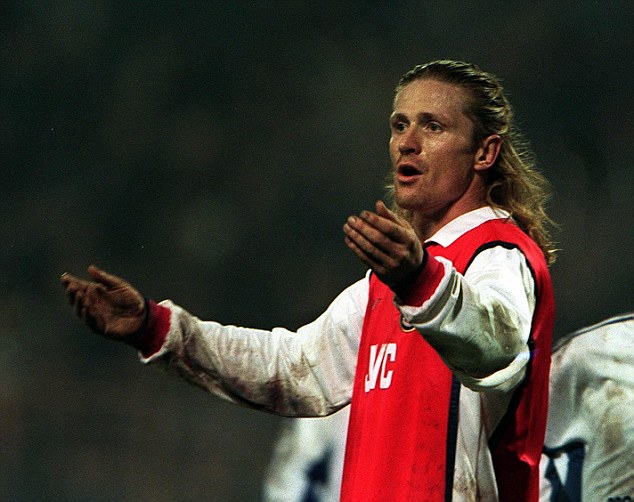
Petit was a player Wenger signed twice in his career, once at Monaco and once at Arsenal. As an 18-year-old, Wenger brought the midfielder to the municipality of Monaco from minor club ES Arques-la-Bataille and Petit’s time at Monaco was successful, with 292 overall appearances and five goals as well as one Ligue 1 trophy and one Coupe de France.
Another player whose time at Arsenal was short, Petit only spent three seasons with the Gunners but his impact was huge. Wenger converted the player from an attack-minded midfielder into a central defensive midfielder, partnering him with Patrick Vieira.
The decision was a fruitful one, and the French partnership of Petit – Vieira bought a league and cup double as well as two Charity Shields. Furthermore, the Gunners faithful recognised the ability Petit possessed and named him 22nd in the list of best ever Arsenal players.
After 118 appearances and 11 goals for Arsenal in all competitions, Petit moved to FC Barcelona in the summer of 2000, along with Marc Overmars. The Catalan club paid £7 million for his services but his time at Barcelona would prove to not be as successful as he had hoped. Ultimately, Petit left Barcelona for Chelsea before retiring following an injury. Like Anelka, these two French footballers are part of a small list of players to have played for both Chelsea and Arsenal.
Number 1: Robert Pires
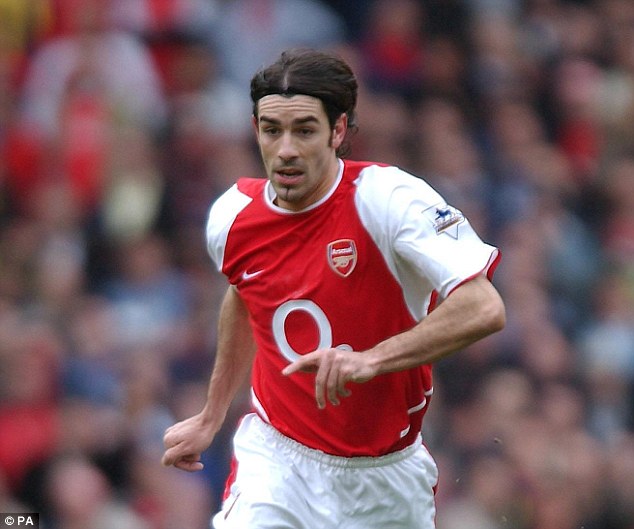
Born to a Portuguese father and a Spanish mother in Reims, Pires began his career playing for FC Metz before moving to Marseille in 1998 for £5 million. After two mixed-years in Marseille, Pires was snapped up by Wenger in 2000 for £6 million as the direct replacement to Marc Overmars, who had made a £25 million switch to Barcelona.
A six year stay with the Gunners was enough for Pires to be voted the sixth greatest Arsenal player of all time, bringing a return of seven trophies, a runners-up medal in the Championw League, 284 appearances in all competitions and 84 goals, better than a goal every four games, impressive numbers for a wide midfielder.
All of the accomplishments Pires achieved with the Gunners is made even more impressive when it is remembered how his Arsenal career started. A member of the French squad that won the 1998 World Cup and 2000 Euros, Pires’ Arsenal career had a poor beginning as he displayed indifferent form.
There were fears that he would not be able to cope with the physicality of the league and by his own admission, he struggled early on but it was the FA Cup semi-final tie against Tottenham in his first season that began his Arsenal career. The decisive goal that opened the deadlock was scored by Pires and it would prove to be the catalyst and act as a pre-cursor to what would follow.
After getting to grips with the English game following his first season, his second season would be one of his finest. Superb goals were scored against Middlesbrough and Aston Villa and Pires led the assist charts. His form that season was so good that, despite suffering a cruciate ligament injury in March in a FA Cup tie against Newcastle which finished his season, Pires was named FWA Footballer of the Year as Arsenal won the league and cup double in 2001-2002.
The next season would return a sole FA Cup but Pires did score 14 goals in the league in 2002-2003 despite coming back from injury in November. A hat-trick against Southampton on the penultimate day of the Premier League season was memorable but Pires heaped misery on the side from the south-coast, scoring the winning goal in the FA Cup final against them, too.
2003-2004 is a season famous in the memory of all Arsenal fans and it was a famous year for Pires as well. 14 goals and seven assists in the Premier League from the mercurial Franchman played a crucial role for the Gunners as they went unbeaten for the entirety of the campaign. Overall in that season, the Gallic duo of Henry and Pires combined to score 57 goals in all competitions.
The next season, 2004-2005, Pires again scored 14 goals in the league, finishing third in the Premier League goal-scoring charts behind Henry and Andrew Johnson of Crystal Palace as well as adding a second FA Cup medal to his collection, following the penalty shoot-out victory over Manchester United.
His final season with Arsenal would prove to be his least successful. With stretches of poor form, Pires was falling down Wenger’s list of wingers, with Hleb, Ljunberg and Reyes all seemingly ahead of him. Despite this, the French wide man still managed to out-score his winger rivals but his Arsenal career ended in rather poignant circumstances.
With Arsenal down a man following Lehmann’s red card in the Champions League final, it was Pires who was sacrificed in the 18th minute so a goalkeeper could be brought on. With his substitution, Almunia replaced the Franchman and Pires’ Arsenal career was finished prematurely and dissapointingly.
Pires had wanted a two-year deal but due to Arsenal’s policy of handing over 30-year-olds only one-year deals, Pires’ contract expired on the 30th of June 2006 and he signed for Villarreal on a Bosman.




